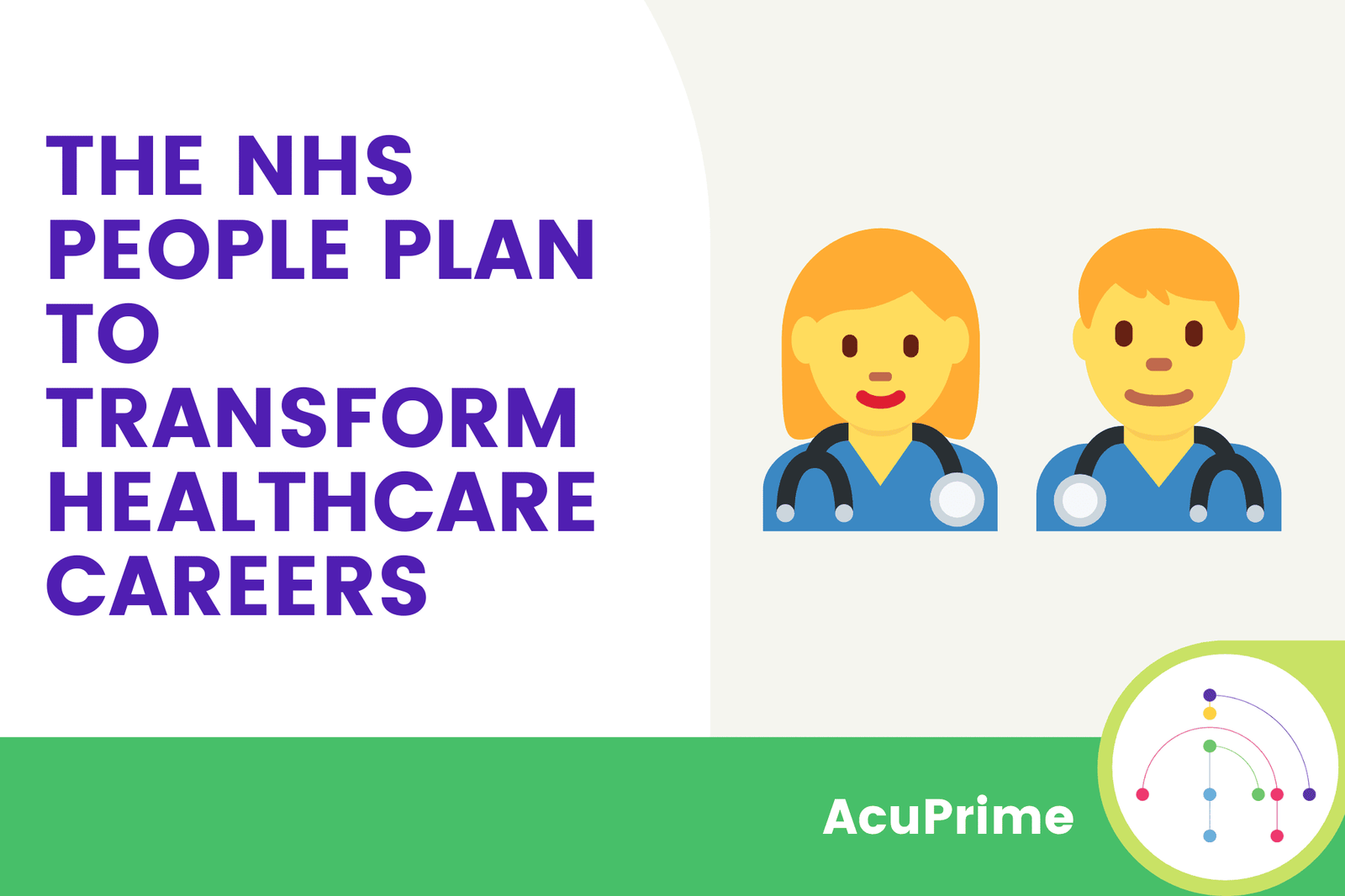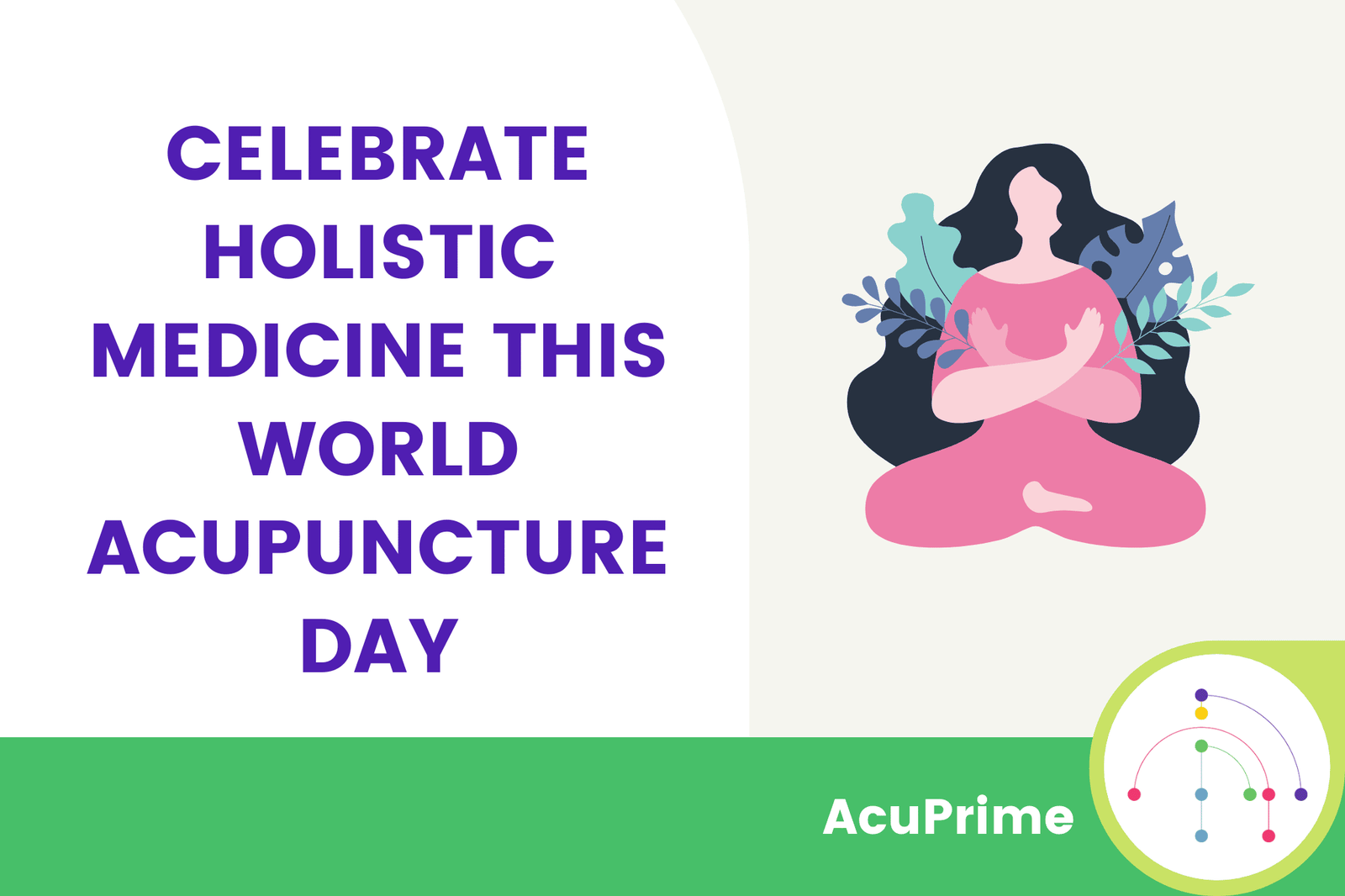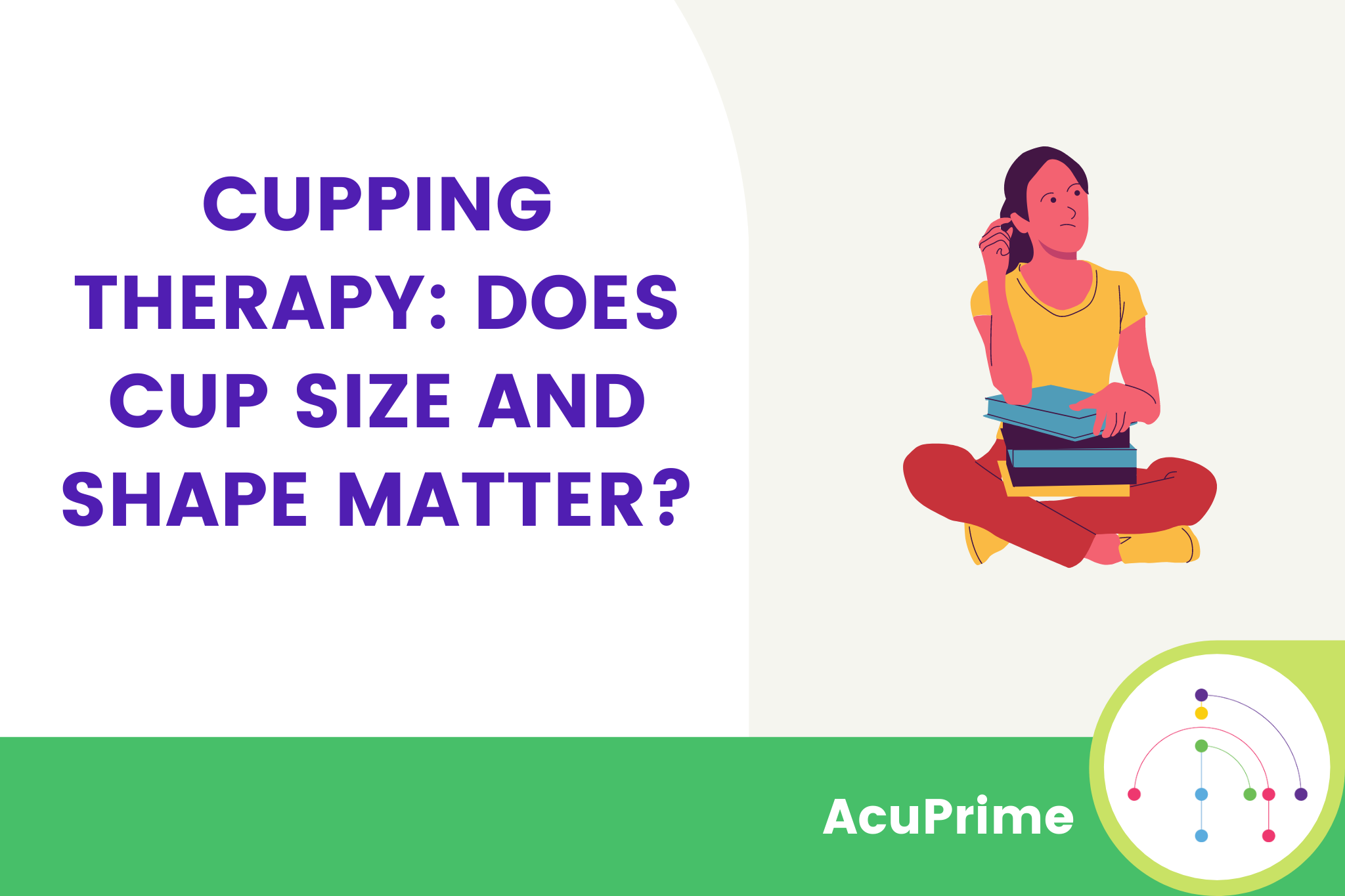Whether you’re in private practice or working for the NHS (or both!), changes in the industry have a habit of filtering down and creating real change in healthcare. The latest news from the NHS could be hugely beneficial for healthcare workers as it finally starts taking notice of the needs and welfare of its staff.
The Covid-19 pandemic has shone a light on the healthcare and medical industries like never before. Sure, most people had a deep respect for doctors before, but the pandemic has revealed the hundreds of other, perhaps overlooked, job titles within the sector, all who have put themselves at risk for the wellbeing of others.
And now it looks as though healthcare staff will get more than just applause, they’ll get a real, workable strategy of support too.
The NHS People Plan
The NHS People Plan aims to transform the wellbeing, support, training and retention of NHS staff and others in the healthcare industry, including those in the Allied Health Professions. It also sets out to create a more diverse and inclusive working environment.
The primary requirements are to employ more people, build new ways of working and look after staff both physically and mentally. Who can argue with that?
The plan outlines some of the changes which have already taken place across the NHS, in response to the pandemic. These include:
- The creation of ‘wobble’ rooms. These are rooms set aside for staff to go to if they need a few minutes out, to cry, shout, breathe, talk, anything.
- Highlighting and addressing inequalities in the BAME communities.
- Using remote consultations.
- Encouraging flexible as well as remote working.
- Upskilling of staff, including physiotherapists being taught how to work with respiratory patients.
The Plan also outlines the great importance of encouraging workers to ask for help before they wear themselves out. Consultations have found that many healthcare and medical workers put their own mental health last and will only seek help when they’re already unwell. The pandemic has created an exhausting and emotionally damaging environment that the People Plan is keen to address.
Admitting to shortfalls in the treatment and inclusion of BAME groups, the People Plan also pledges to foster a more inclusive workplace where everyone is equally supported. As the country’s largest employer of BAME people, the NHS is working towards building a more welcoming atmosphere. They will also be creating a training programme for Freedom to Speak Up Guardians, building an environment of openness without fear of retribution.
Embracing new ways of working
The pandemic has highlighted how entrenched we are, as a nation, in the in-office, 9-5 practice. Although this ‘traditional’ way of working has only been around for 50 years, it’s often placed above all else. The pandemic has revealed that not only is it unnecessary in many situations and roles, but it also prevents employees from working in a way suited to their lives and skills.
The People Plan aims to address this by embracing more flexible ways of working and by placing emphasis on experience and capability. There will also be a new emphasis placed upon CPD, placements and online training to bring more students into the workforce, keep current employees up to date and to encourage further learning.
The future of the NHS workforce
The pandemic has challenged the NHS, and the country, like nothing else before but it has also had a positive effect on the potential future workforce. The Health Careers website has seen a huge spike in interest and applications to enter and study in the healthcare and medical sector have soared.
This renewed interest in working in this vital sector may help bolster the NHS and associated industries for generations to come.
Why the NHS People Plan is such a positive step
Whether you work directly for the NHS or work privately in the healthcare sector, the People Plan is a massively beneficial undertaking. Outlining steps that any organisation can take to improve the wellbeing of their staff, the Plan highlights something that we’ve all known for a long time but might have overlooked – it’s the people that make an organisation successful.
When the workforce is looked after and supported in training, in their physical health and in their mental health, they can thrive. Encouraging diversity and creating an inclusive environment is exceptionally important and without this step, organisations are limiting themselves and their staff.
The pandemic has been a huge challenge and continues to be so. But it has also highlighted glaring problems and pushed us all to take steps towards a better, more inclusive and more supportive working environment.








